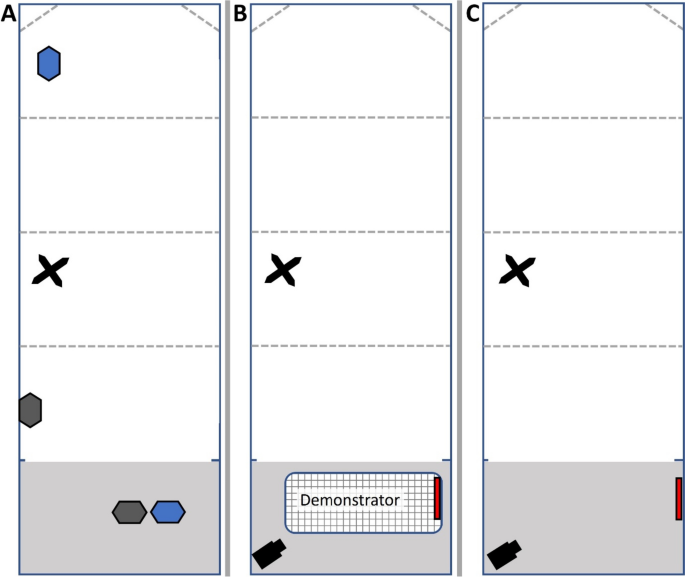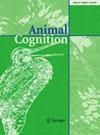According to the harsh environment hypothesis, natural selection should favour cognitive mechanisms to overcome environmental challenges. Tests of this hypothesis to date have largely focused on asocial learning and memory, thus failing to account for the spread of information via social means. Tests in specialized food-hoarding birds have shown strong support for the effects of environmental harshness on both asocial and social learning. Whether the hypothesis applies to non-specialist foraging species remains largely unexplored. We evaluated the relative importance of social learning across a known harshness gradient by testing generalist great tits, Parus major, from high (harsh)- and low (mild)-elevation populations in two social learning tasks. We showed that individuals use social learning to find food in both colour-associative and spatial foraging tasks and that individuals differed consistently in their use of social learning. However, we did not detect a difference in the use or speed of implementing socially observed information across the elevational gradient. Our results do not support predictions of the harsh environment hypothesis suggesting that context-dependent costs and benefits as well as plasticity in the use of social information may play an important role in the use of social learning across environments. Finally, this study adds to the accumulating evidence that the harsh environment hypothesis appears to have more pronounced effects on specialists compared to generalist species.



